The first meeting of the American Institute of Chemical Engineers was held in Pittsburgh PA, December 1908. Our profession has seen dynamic and profound change in the 110 years since that inaugural meeting. At the 2018 AIChE Annual Meeting, the 110 Year Celebration will look at chemical engineering, 25 years in the future.
Leading up to this event, AIChE presents "Revisiting the Future of Chemical Engineering," a blog series featuring predictions from these leaders in academia, industry, and government (national laboratories) on what the profession will be like 25 years in the future. This series reprises a similar effort completed for AIChE's Centennial Celebration ten years ago.
Peter T. Cummings, Vanderbilt University: The Future of Chemical Engineering
This series looks at the future of chemical engineering, revisiting past predictions for the profession and pairing them with current predictions for the next 25 years.
Cristina U. Thomas, 3M: The Future of Chemical Engineering
Christina Thomas, senior technical leader at 3M's Corporate R&D Services Center, sees enormous progress in the next 25 years, thanks to chemical engineers and new technology.
Patrick C. McGrath, US Department of Energy, ARPA-E: The Future of Chemical Engineering
As part of our celebration of AIChE's 110th year, Pat McGrath of ARPA-E shares his predictions for chemical engineering's next 25 years.
Ashty Karim, Ph.D Student, Northwestern University: The Future of Chemical Engineering
As part of our celebration of AIChE's 110th year, Ashty Karim, a Ph.D student at Northwestern University, shares his predictions for chemical engineering's next 25 years.
Rafiqul Gani, PSE for SPEED: The Future of Chemical Engineering
During AIChE’s centennial year of 2008, AIChE interviewed Dr. Gani about his vision for the future of chemical engineering.
Jeffrey J. Siirola, Eastman Chemical (ret.); Purdue University: The Future of Chemical Engineering
Jeff Siirola retired in 2011 as a Technology Fellow at Eastman Chemical Company, where he had been for more than 39 years, and is no
Julie A. Champion, Georgia Tech: The Future of Chemical Engineering
As part of our celebration of AIChE's 110th year, Julie Champion, associate professor at Georgia Tech, shares her predictions for chemical engineering's next 25 years.
Robert Steininger, Surface Oncology Inc.: The Future of Chemical Engineering
A look at the future of chemical engineering from the perspective of pharmaceutical manufacturing.
Nicholas Burtch, Sandia National Laboratories: The Future of Chemical Engineering
Nicholas Burtch of Sandia National Laboratories shares his predictions for chemical engineering's next 25 years. He focuses on innovation driven by additive manufacturing technologies and novel materials for energy-efficient chemical separations.
James A. Stapleton, University of Oregon: The Future of Chemical Engineering
James revisits his 2008 predictions and looks at the next 25 years, with an eye on how chemical and biological engineers will play a role in solving the world's greatest challenges.
Billy B. Bardin, the Dow Chemical Company: The Future of Chemical Engineering
As part of our celebration of AIChE's 110th year, Billy Bardin of the Dow Chemical Company shares his predictions for chemical engineering's next 25 years.
Ryan C. Snyder, Bucknell University: The Future of Chemical Engineering
Hear Ryan's perspective on what advances he thinks chemical engineering has ahead of it.
Vicky Lange, Postdoc, University College London: The Future of Chemical Engineering
As part of our celebration of AIChE's 110th year, Vicky Lange, a postdoctoral research associate at University College London, shares her predictions for chemical engineering's next 25 years.
Robert S. Langer, Massachusetts Institute of Technology: The Future of Chemical Engineering
Bob Langer of MIT shares his predictions on where he sees the profession of chemical engineering heading over the next 25 years.
Meredith C. K. Sellers, Exponent Inc.: The Future of Chemical Engineering
Dr. Sellers, who specializes in materials characterization and incident investigation, shares her perspective on where chemical engineering is headed.
Michael P. Howard, Postdoc, University of Texas at Austin: The Future of Chemical Engineering
As part of our celebration of AIChE's 110th year, Mike Howard of the University of Texas at Austin shares his predictions for chemical engineering's next 25 years.
Christopher J. Ellison, University of Minnesota: The Future of Chemical Engineering
Chris Ellison is Associate Professor and Piercy Professor in the Department of Chemical Engineering and Materials Science at th
Concepción “Conchita” Jiménez-Gonzalez, GlaxoSmithKline: The Future of Chemical Engineering
GlaxoSmithKline's Conchita Jiménez-Gonzalez shares a pharmaceutical perspective on chemical engineering's future.
Jinghai Li, National Natural Science Foundation of China: The Future of Chemical Engineering
As part of our celebration of AIChE's 110th year, Jinghai Li, president of the National Natural Science Foundation of China, shares his predictions for chemical engineering's next 25 years.
Joshua D. Howe, Postdoctoral Researcher, Georgia Tech: The Future of Chemical Engineering
From the perspective of his specialty in the computational study of materials, Josh takes us through his vision of chemical engineering's future.
Velencia Witherspoon, Postdoc, National Institute of Standards and Technology: The Future of Chemical Engineering
As part of our celebration of AIChE's 110th year, Velencia Witherspoon of the National Institute of Standards and Technology shares her predictions for chemical engineering's next 25 years.
David Mackanic, PhD student, Stanford University
As part of our celebration of AIChE's 110th year, David Mackanic of Stanford University shares his predictions for chemical engineering's next 25 years.
Vijay Swarup, ExxonMobil Research & Engineering: The Future of Chemical Engineering
ExxonMobil's Vijay Swarup shares his thoughts on chemical engineering's evolution and future, with an eye on energy needs.
Jan B. Talbot, University of California, San Diego: The Future of Chemical Engineering
As part of our celebration of AIChE's 110th year, Jan Talbot of the University of California, San Diego, shares her predictions for chemical engineering's next 25 years.
Marc Birtwistle, Clemson University: The Future of Chemical Engineering
As part of our celebration of AIChE's 110th year, Marc Birtwistle of Clemson University shares his predictions for chemical engineering's next 25 years.
Curt R. Fischer, Stanford University: The Future of Chemical Engineering
Stanford University's Curt Fischer revisits his thoughts from 2008 on chemical engineering's evolution and future.
Jan. J. Lerou, Jan Lerou Consulting, LLC, and Washington University: The Future of Chemical Engineering
As part of our celebration of AIChE's 110th year, Jan Lerou of Jan Lerou Consulting, LLC, and Washington University shares his predictions for chemical engineering's next 25 years.
Andrew Karas, University of Michigan: The Future of Chemical Engineering
As part of our celebration of AIChE's 110th year, Andrew Karas of the University of Michigan shares his predictions for chemical engineering's next 25 years.
Christine S. Grant, North Carolina State University: The Future of Chemical Engineering
Christine Grant of NCSU reflects on and adds to her 2008 thoughts on chemical engineering's future.



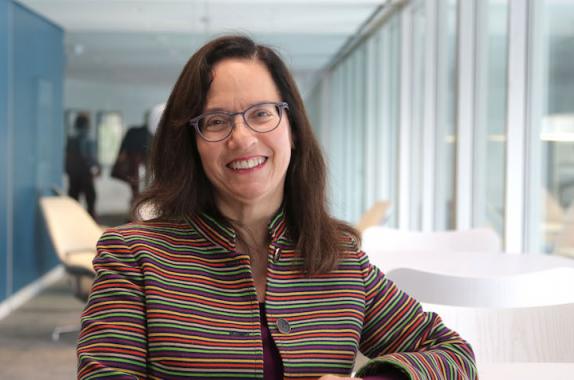







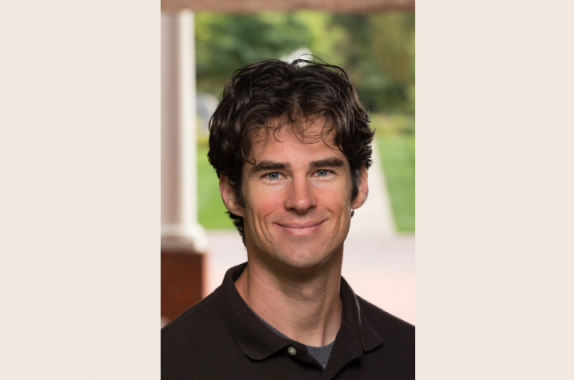
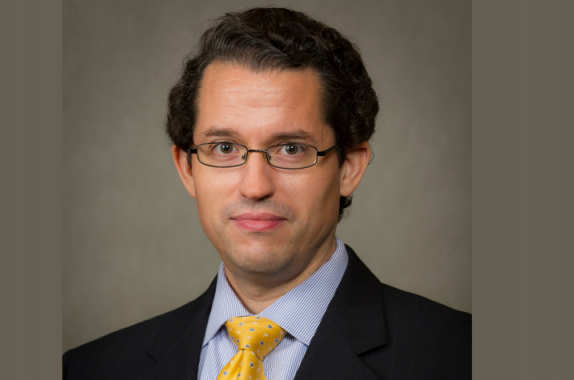
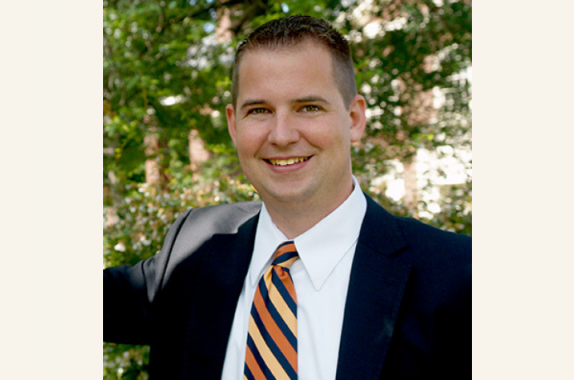

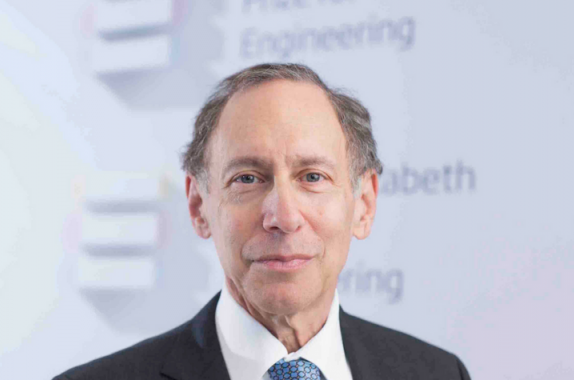


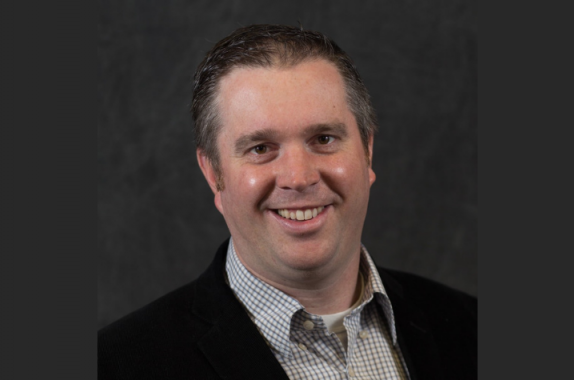

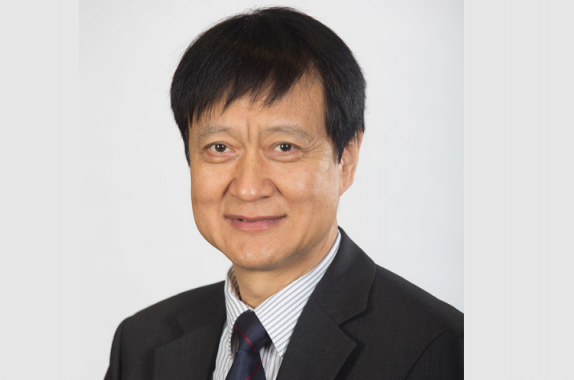





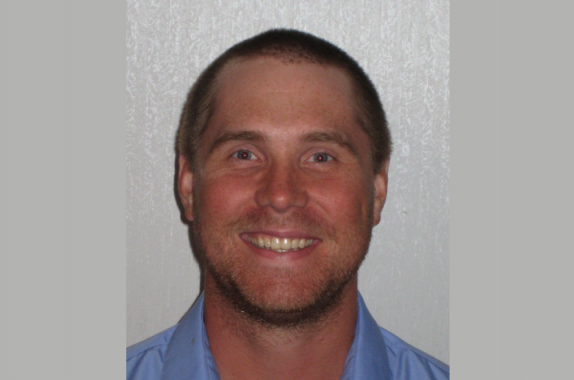
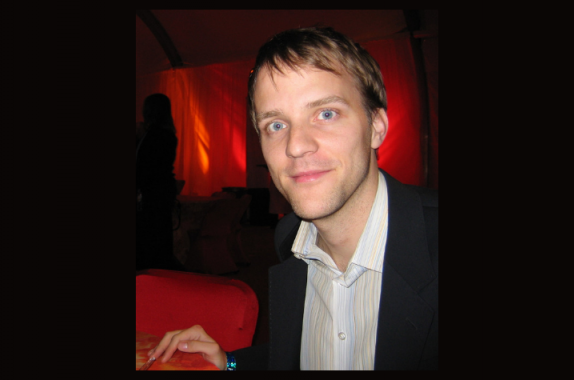
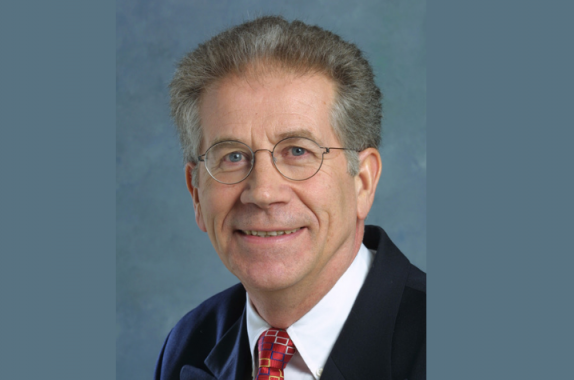
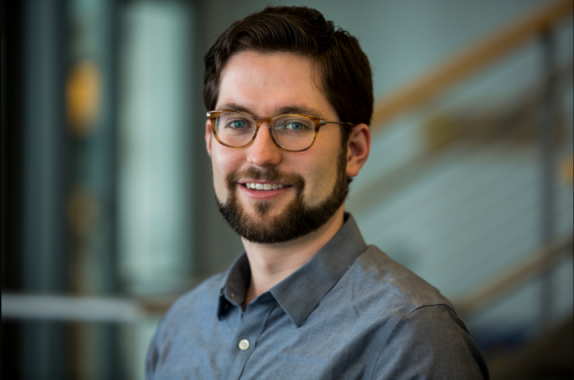

Comments
Questions posed to interviewees; your reflections are welcome!
Eco-friendly distributed energy generation in near future
Eco-friendly distributed energy generation in near future